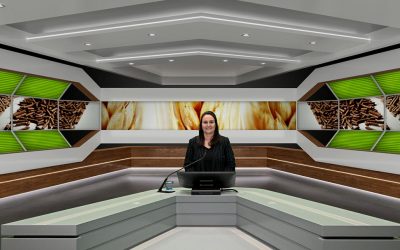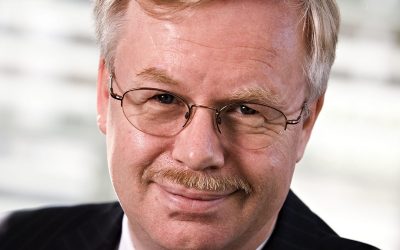Agri-food decision makers meet in Rome
Re-appreciation of the farmer and increased (bio)technological innovation are crucial in the agri-food production chain. This was the message heard at the European Food and Agribusiness Seminar (EFAS), held in Rome from 21 to 24 October 2007.
with colleagues from Harvard
Business School, the seminar brought together some 75 decision makers in the
agri-food business from 15 countries. Ten business cases were presented and
discussed with the CEO or leading executive from the respective business case,
in this case Danone’s focus on food products with proven health benefits,
Dupont’s improvements on biofuel production, Ethiopia’s policy to attract
investments from the international flower and food industry, the FDA’s food
safety policy in the US, FloraHolland’s recent merger with the Aalsmeer flower
auction, Nestlé’s worldwide water management, Nutreco’s repositioning in the
global animal feed business, Perstrop’s expansion in Sweden from bio-fuels to
bio-chemicals, Smithfield’s expansion in the European meat business and
Sodexho’s expansion from catering to integrated facility management.
Health and sustainability
Health and sustainability have
definitively become strategic issues for today’s CEOs. A growing number of
wealthy consumers, including those in emerging markets, are demanding
sustainable and healthy products. Competition between food, feed, fuel, fibre
and fine chemicals is putting increasing pressure on agricultural resources that
are ever more limited, due to climate change, water shortage and threatened
biodiversity.
The availability of primary agri resources can no longer be
taken for granted. This brings the farmer back into the picture as the central
player in feeding the world’s population without depleting the environment. As
many large food companies have outsourced their supply chain in the past years,
new forms of partnering are emerging to manage the agri-food chain in a
sustainable manner.
Most business players put their stakes on
(bio)technological innovation as an answer to these concerns. Progress is fast
in this area, and a large number of innovations are expected to enter the food
market in the near future. Here Europe is lagging behind, as the debate on new
technologies in general and biotechnology in particular has not made significant
progress, where the America’s and Asia have accelerated.
The European Food and Agribusiness Seminar
takes place every two years. Based on “real life” case studies, key decision
makers in the agri-food business study and debate the strategic challenges they
are faced with.











